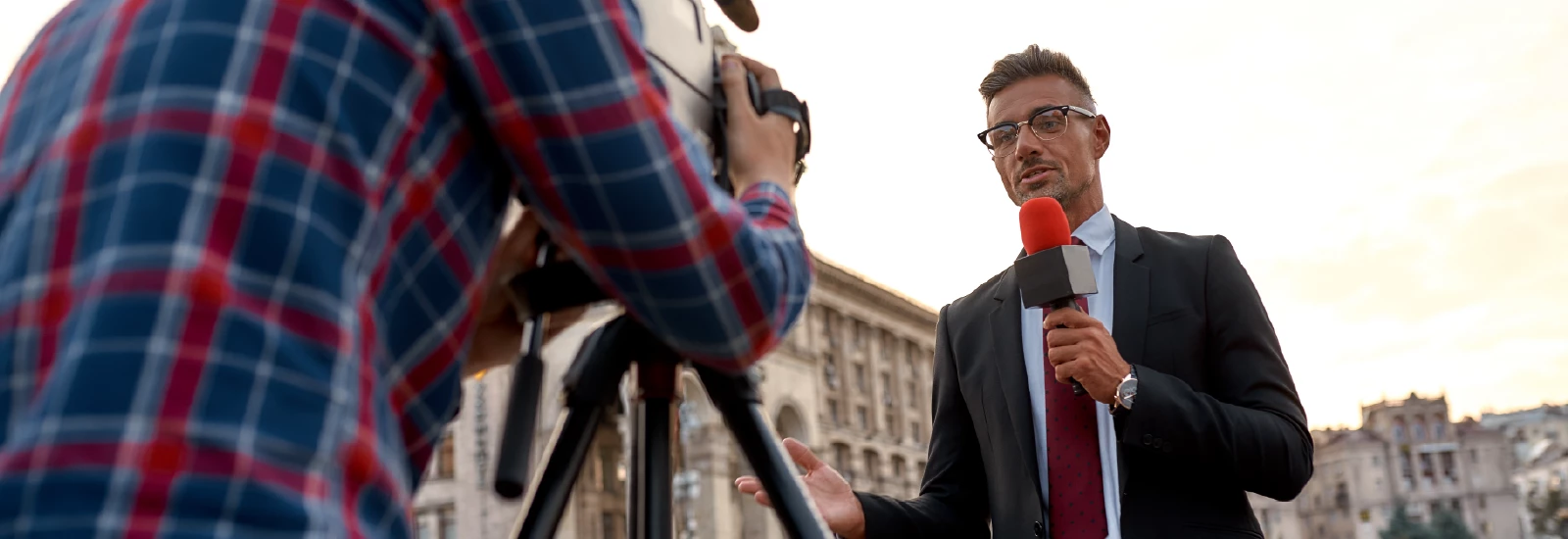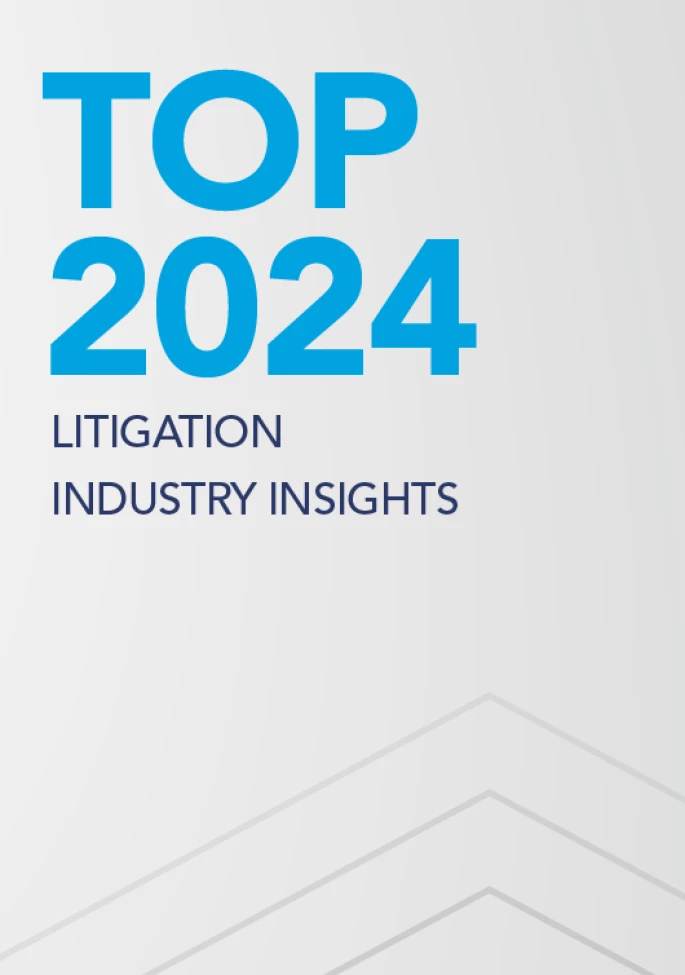Courtrooms nationwide are experiencing a profound cultural shift, and it is about more than the law. Today's jurors come in with deeply entrenched views on corporations, many of which are unfavorable. IMS Senior Jury Consulting Advisor Chris Dominic and Jury Consulting Advisor Keith Pounds, PhD, recently sat down for a LinkedIn Live discussion on how the evolving anti-corporate mindset is impacting trial strategy.
The Rise of Anti-Corporate Bias in Courtrooms
“As a litigation consultant, I've spent years watching jury behavior evolve,” said Keith. “But what we see today is more than evolution; it's a cultural shift.”
Jurors are stepping into courtrooms with growing skepticism, especially towards large institutions. Anti-corporate bias is appearing everywhere, in focus groups, mock trials, and post-trial interviews. For those legal teams defending corporate clients, this shift in sentiment cannot be ignored.
Jurors no longer give companies the benefit of the doubt. Many assume the worst of corporations: that their profits and bottom lines matter more than people. Anti-corporate sentiment is not rare or extreme anymore; it is common and reshaping how jurors listen, interpret evidence, and make decisions.
A recent example was the public’s reaction to the assassination of a healthcare CEO: it was not sympathy, but resentment. Rather than mourning a life lost, many people lashed out at the institution the man represented. That kind of widespread response would have been unthinkable a decade or two ago. Now, it reflects a broader shift in public sentiment, and that sentiment is walking into jury boxes across the country.
What It Means for Trial Teams
This shift in juror mindset renders traditional corporate defense strategies less effective, including the once-standard “commercial” approach. “The polished opening statements about a company's mission, values, and community involvement now fall flat in a courtroom,” said Keith. “In the past, this strategy could have built goodwill. Now, it often backfires. Jurors no longer want to be sold a brand and its ethos; they want to hear the truth.”
Authenticity is the currency when it comes to the modern juror. According to Keith, jurors want honesty, specificity, and accountability. That starts with how to open a case. In a recent data privacy matter, the defense began with this line: "We understand people are concerned about how companies use their data, and that concern is valid. But here's why our actions were responsible and justified in this case." This simple shift from defending the concept of a corporation to addressing the jurors' concerns head-on earned trust right away.
Adapting to today’s anti-corporate climate requires more than changing opening statements; it relies on a holistic strategy put in place long before trial. Far too often, the defense strategy takes shape only after discovery is underway. Depositions are already scheduled, and case themes are still in flux. A delay like that is costly. Early collaboration between corporate counsel, trial consultants, and visual strategists is essential when dealing with modern juries.
Getting off on the Right Foot: Early Trial Strategy
Early collaboration with experienced jury consultants can help shape case strategies from the ground up. When brought in early, they help identify key themes, flag potential traps, and prepare corporate witnesses to survive scrutiny and embody the company's values under pressure. Today's jurors are hypervigilant, watching every gesture and pause. Effective witness preparation now goes beyond just facts; tone, language, and relatability are just as important.
As Keith explained, choosing the right corporate representative is more critical than ever. Jurors are drawn to people they can relate to who seem genuine, informed, and sincere. Humanizing the company can help bridge the emotional distance jurors often feel toward large organizations.
Incorporating Strategic Visual Advocacy
Early strategy work also enhances visual advocacy. “Some of the most effective demonstratives I've seen were only possible because the team identified key communication needs before trial prep began,” Keith noted. “Visuals are most powerful when embedded in the strategy, not added at the last minute, whether it's a simple timeline or a technical explainer.”
Perhaps more importantly, starting early ensures alignment. When internal counsel, external trial lawyers, consultants, and designers work together from the beginning, the result is a strong, unified message.
This approach allows corporate defense teams to proactively address plaintiff themes, avoid repeating past mistakes, and build a consistent story that jurors can follow and believe in. That story should be grounded in core values, credibility, responsibility, and transparency, which must echo throughout the case. Every witness, exhibit, and argument should reinforce the same message. Jurors do not just decide cases based on the evidence presented. They respond to the story they trust most.
The Bottom Line for Corporate Defendants
Ultimately, today's litigation landscape demands more than polished presentations and rehearsed soundbites. To earn juror trust, corporate defense teams must show humility, acknowledge public concerns, and rethink not just what they present, but when and how they present it.
In an age of increasingly complex disputes and growing anti-corporate sentiment, starting early is no longer optional; it is essential. As Keith put it, "The courtroom is the final act, but the real trial strategy begins in discovery."
Start Early to Build Trust and Strengthen Your Case
As Chris explained, “Modern jurors aren’t just evaluating your evidence—they’re evaluating your credibility from the moment the case begins.” That is why early strategy sessions, theme development, and witness preparation are critical to overcoming anti-corporate bias. By partnering with experienced litigation consultants from the outset, your trial team can align on a clear, authentic narrative that resonates in today’s courtroom climate.






